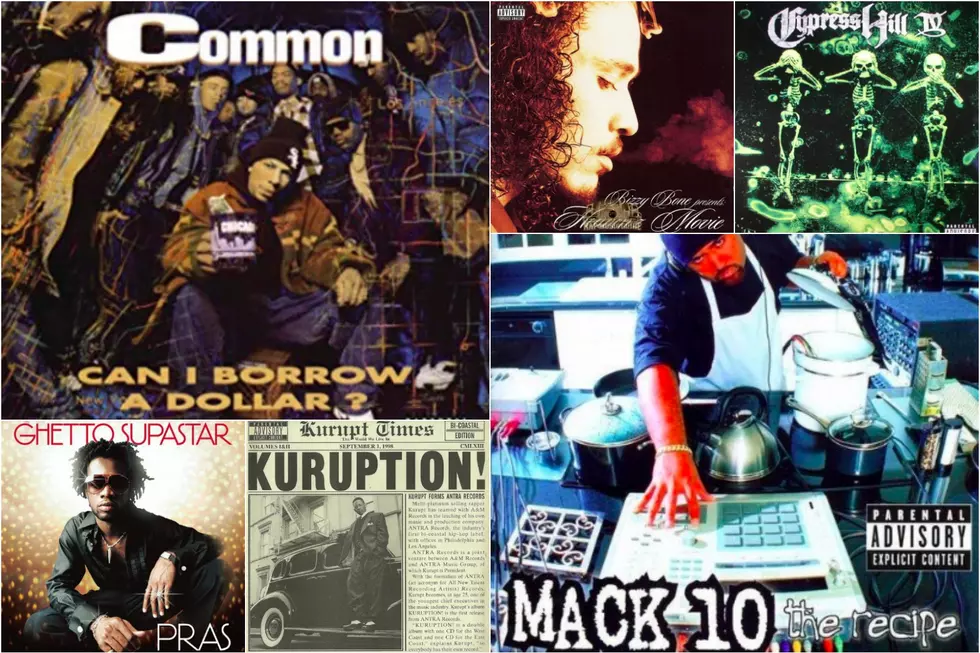
10 Music Milestones From Great Black Artists
Harvard historian and activist Carter G. Woodson founded the Association for the Study of Negro Life and History (ASNLH), an organization dedicated to preserving and documenting the achievements of black Americans, in 1915.
The celebration of black excellence evolved into the ASNLH creating Negro History Week in 1926, which would by 1976 turn into a full month in which every U.S. president there after designated the month of February as Black History Month.
African Americans have been excelling in all areas from sports to music to entertainment and politics, among others, since the beginning of time. With respect to the music industry, black artists showed the world that music has no color. Decades prior to the Civil Rights movement in the '60s, and when segregation and racism dominated American culture in 1935, contralto opera singer Marian Anderson was the first black singer to be invited to sing at the White House.
Two decades later in 1956, when blacks were rarely seen on television starring in acting roles let alone hosting, jazz pianist and singer Nat King Cole became the first African American to host a TV series with The Nat King Cole Show, which featured other black performers including Count Basie and Sammy Davis Jr.
Today, African-American artists continue to break barriers and define new lines of hierarchy and excellence. Just think, without Ella Fitzgerald, the first African American to win a Grammy Award, it may not have been possible for Beyonce to win 20 of those prestigious awards. In honor of Black History Month, peep our gallery for a look at other monumental moments in 10 Music Milestones From Great Black Artists.
More From TheBoombox









